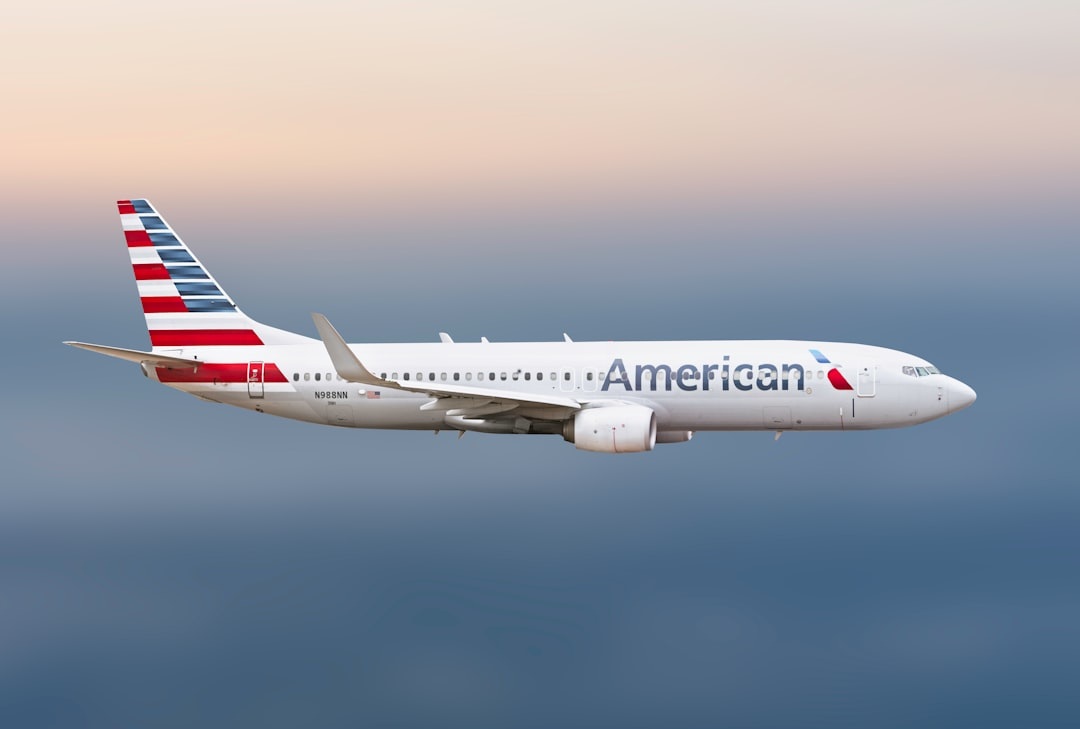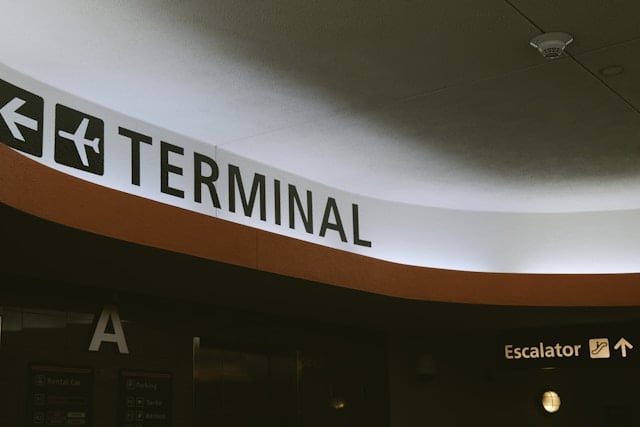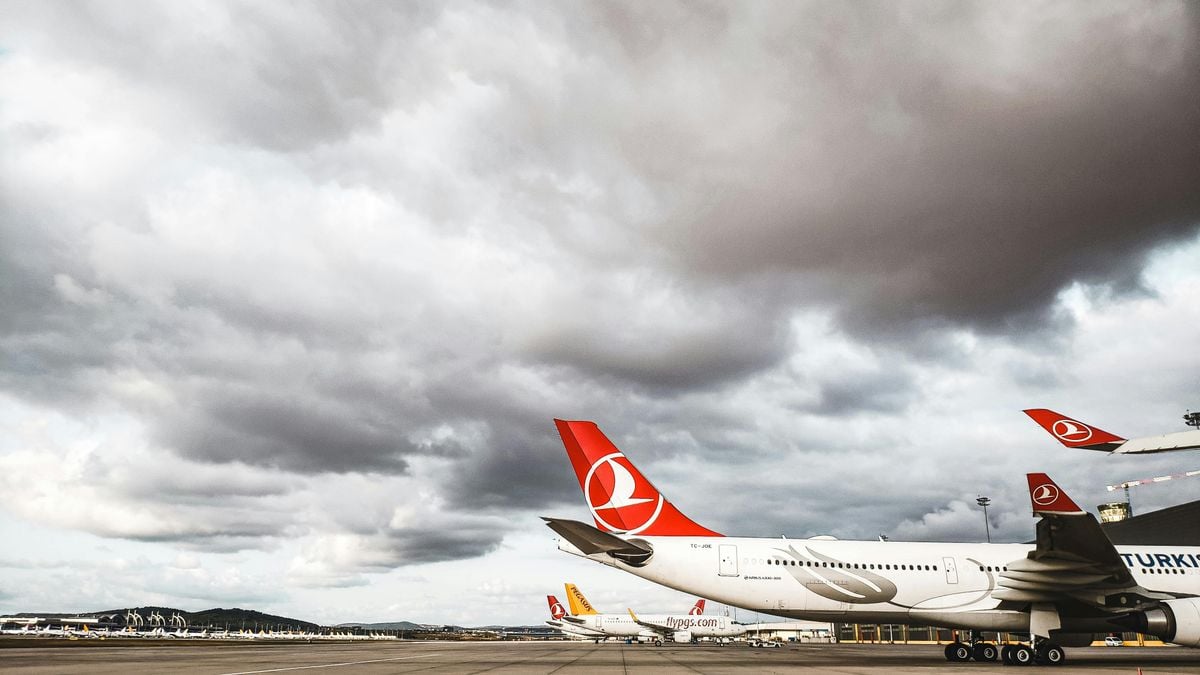Passengers on American Airlines flight AA3221 from New York LaGuardia to Charlotte faced an unexpected diversion to Philadelphia on August 4, 2025, after the crew reported a possible mechanical issue. The aircraft landed safely, and no injuries were reported, but the event has raised questions about airline safety, emergency procedures, and what travelers can expect when such incidents occur.
What Happened on the Flight?

On August 4, 2025, American Airlines flight AA3221 departed from New York LaGuardia Airport, heading to Charlotte Douglas International Airport. During the flight, the crew noticed a possible mechanical issue. Following standard safety procedures, they declared an emergency by setting their transponder to code 7700, which signals a general emergency to air traffic control. The flight then diverted to Philadelphia International Airport, where it landed safely. According to American Airlines and multiple news sources, all passengers and crew were unharmed.
Immediate Response and Passenger Safety
After landing in Philadelphia, the aircraft was inspected by maintenance teams. American Airlines has not yet shared details about the specific mechanical issue or the type of aircraft involved. However, the airline confirmed that safety is always the top priority. A spokesperson stated, “The safety of our customers and crew is our highest concern.” As of now, there are no reports of further complications.
Passengers were expected to be rebooked on alternate flights to Charlotte. While American Airlines has not issued a formal statement about compensation or rebooking procedures for this incident, their customer service policies usually allow for free rebooking and, in some cases, compensation or travel vouchers if delays are significant.
How Are Such Incidents Handled?
When a possible mechanical issue is detected mid-flight, airline crews are trained to act quickly. Declaring an emergency and diverting to the nearest suitable airport is standard practice. In this case, Philadelphia was the closest major airport. Once on the ground, the aircraft is checked by maintenance staff to identify and fix the problem. Passengers are then either placed on new flights or, if needed, provided with hotel accommodations.
The Federal Aviation Administration (FAA) requires airlines to report all in-flight emergencies and diversions due to mechanical issues within 24 hours. The FAA will review American Airlines’ incident report as part of its standard process. For more information about how the FAA handles such events, you can visit the FAA’s Aviation Safety Hotline.
No Recent Changes to Emergency Policies
As of August 4, 2025, there have been no new changes to American Airlines’ emergency diversion protocols or mechanical issue response policies. The airline continues to follow strict FAA rules, which are designed to protect passengers and crew. The FAA has not released a statement specific to this incident but is expected to review the case as part of its routine oversight.
Background: Are Diversions Common?
Diversions due to mechanical issues are not rare in the airline industry. Airlines and the FAA have strict rules to make sure that any potential problem is handled with care. American Airlines has faced similar incidents in 2025. For example, on June 27, a flight from Las Vegas to Charlotte was diverted to Dallas because of a possible mechanical issue. On June 25, another flight returned to Las Vegas after smoke was seen coming from an engine.
These events show that airlines are quick to act when something seems wrong. According to analysis by VisaVerge.com, such diversions are a sign that safety systems and crew training are working as intended. The goal is always to keep passengers safe, even if it means changing travel plans.
Expert and Community Perspectives
Aviation safety experts agree that while emergency diversions can be stressful and inconvenient, they are a positive sign that crews are well-trained and safety protocols are strong. “It’s always better to be safe than sorry,” said one industry analyst. “When crews act quickly, it shows the system is working.”
Passenger advocacy groups stress the need for clear communication and support for travelers affected by such incidents. They recommend that airlines provide timely updates, easy rebooking, and fair compensation when delays occur. Many passengers want to know what will happen next, especially if they have connecting flights or important plans in Charlotte.
What Should Passengers Do After a Diversion?
If your flight is diverted because of a mechanical issue, here are some steps you can take:
- Stay calm and follow crew instructions. Safety is the priority, and crews are trained for these situations.
- Check for updates from the airline. Use the airline’s app, website, or customer service phone number for the latest information.
- Ask about rebooking and compensation. Airlines usually rebook passengers at no extra cost. If your delay is long, you may be eligible for a travel voucher or hotel stay.
- Keep receipts for extra expenses. If you need to pay for meals or hotels, save your receipts. You may be able to get reimbursed.
- Contact customer service if needed. For American Airlines, call 1-800-433-7300 or visit their official website.
Looking Ahead: Will There Be Changes?
The FAA will review the incident and may make recommendations if they find any ongoing problems. American Airlines is expected to finish its own investigation and could release more information or update its policies depending on what they find. For now, there are no signs of immediate regulatory changes, but both the airline and the FAA will keep watching for trends in safety performance.
Why Does This Matter for Travelers?
Events like the American Airlines diversion to Philadelphia remind travelers that safety comes first. While these situations can disrupt plans, they show that airlines and regulators take every possible step to protect passengers. For those flying to or from Charlotte, it’s important to know that crews are ready to act if something goes wrong.
Practical Tips for Future Flights
- Arrive early and stay informed. Delays and diversions can happen, so give yourself extra time, especially if you have connections.
- Download your airline’s app. This is often the fastest way to get updates and rebooking options.
- Know your rights. Airlines must follow customer service policies, and you may be entitled to compensation if your trip is delayed.
- Keep important numbers handy. Save the airline’s customer service number and check official sources for updates.
Conclusion
The recent American Airlines flight diversion from New York LaGuardia to Charlotte, ending safely in Philadelphia, highlights the importance of strong safety protocols and clear communication. While the mechanical issue remains under investigation, passengers can take comfort in knowing that airlines and regulators put safety first. If you are affected by a similar event, stay calm, seek updates, and know that help is available to get you to your destination as soon as possible. For more details on airline safety and emergency procedures, visit the FAA’s Aviation Safety Hotline.
This Article in a Nutshell













